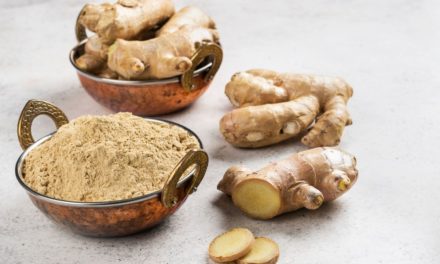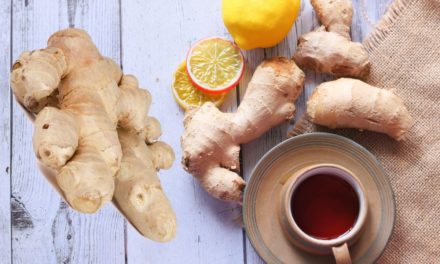Exercise Precautions: When to Avoid Ginger in Your Diet
Introduction:
Ginger is a versatile and beneficial spice known for its numerous health benefits. However, despite its many benefits, there are some situations in which caution should be exercised and ginger should be avoided. In this article, we will review some specific situations in which ginger should be avoided to ensure your health and safety.
1. Bleeding Disorders:
People with bleeding disorders or those taking blood-thinning medications should be cautious when using ginger. Ginger has natural anticoagulant properties that may increase the risk of bleeding or interfere with the effectiveness of blood-thinning medications. If you have a bleeding disorder or take blood thinners, consult your healthcare provider before adding ginger to your diet.
2. Surgery:
Ginger’s ability to affect blood clotting can also pose risks during surgical procedures. It is advised to avoid using ginger for at least two weeks before surgery to reduce the risk of excessive bleeding during and after the operation. Inform your healthcare provider of any use of ginger to ensure a safe surgical experience.
3. Gallbladder conditions:
For people with gallbladder problems, including gallstones or inflammation of the gallbladder, using ginger may worsen symptoms. Ginger can stimulate the production of bile, which can potentially cause pain and discomfort in people with gallbladder problems. Avoid ginger or seek medical advice if you have gallbladder conditions.
4. Gastrointestinal Disorders:
Although ginger is known for its beneficial effects on digestion, people with certain gastrointestinal disorders should approach ginger consumption with caution. Conditions such as stomach ulcers, acid reflux, and inflammatory bowel diseases such as Crohn’s disease or ulcerative colitis can be aggravated by ginger. Consult a health care professional to determine whether ginger is appropriate for your particular gastrointestinal condition.
5. Pregnancy complications:
Although ginger has traditionally been used to relieve morning sickness during pregnancy, its safety during pregnancy is still a matter of debate. High doses of ginger may have uterine-stimulating effects, possibly increasing the risk of complications. Pregnant women should consult their healthcare provider before using ginger for nausea or for any other purpose.
6. Allergic reactions:
Although relatively rare, some individuals may experience an allergic reaction to ginger. Allergy symptoms may include skin rash, itching, swelling or difficulty breathing. If you are known to be allergic to ginger or related plants, such as turmeric or cardamom, it is best to avoid ginger to avoid an allergic reaction.
Result:
Ginger is a remarkable spice with numerous health benefits, but it is important to recognize the situations in which it should be avoided. People with bleeding disorders, gallbladder conditions, gastrointestinal disorders, pregnancy complications, and known allergies to ginger should use caution or avoid ginger altogether. Additionally, it is important to consult a health care professional for personalized advice, especially if you have specific health conditions or concerns. With these factors in mind, you can prioritize your well-being and make informed decisions about using ginger.










